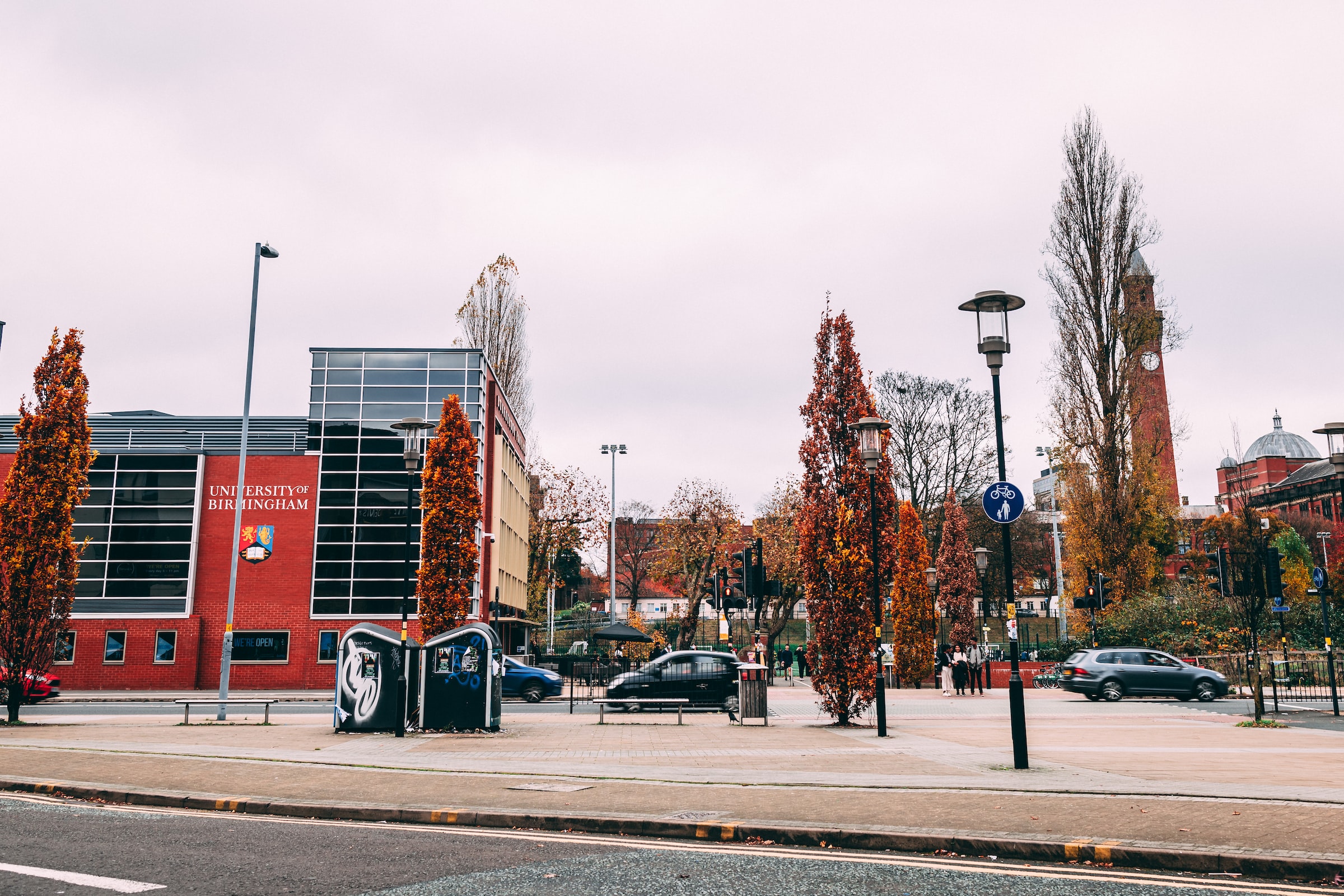
Comment Writer Elsie Haldane discusses the effects of the coronavirus on those living in refugee camps, arguing that we need to do more to help those in need
In any crisis, it is always the most vulnerable who are hit the hardest, and this is no less true of the coronavirus pandemic. When this is all over and the world starts to heal, the most disadvantaged communities will seemingly be left to pick up the pieces. A fitting example of this is the struggles that refugees face while living in camps. These stories only sometimes grab headlines, and perhaps this is not surprising as refugee camps tend to receive temporary focus, before being forgotten as another story takes the spotlight. It is important that we are aware of the way in which the world’s most vulnerable people face this global crisis. So, how are refugee camps preparing for the threat of coronavirus? And how are those that already have cases dealing with them? And crucially, what can we do to help them?
When this is all over and the world starts to heal, the most disadvantaged communities will seemingly be left to pick up the pieces
Some refugee camps have had no positive cases of COVID-19 so far, but others have. For example, in Kutupalong, the biggest refugee camp in the world, two cases have tested positive. In the infamous ‘Jungle’ camps at Calais and Dunkirk, 3 cases have been reported. There have also been 2 positive cases in Lesbos, Greece, and a camp near Athens reported 20 cases. Nevertheless, due to overcrowding and difficulties recording data, the actual number of cases in each camp is likely to be much higher. Speaking to The Independent, a 24-year-old resident of the Moira camp in Greece speaks of his mounting fear over COVID-19: ‘If one person with coronavirus comes into the camp – I promise that all of the people in the camp will get it.’
The desperate situation that refugees find themselves in has been starkly highlighted by this pandemic. The virus has already done considerable damage to privileged groups who have access to clean water, state medical care, and other luxuries. Refugee camps do not have any of these things, so how are leaders supposed to control it? And what will be the inevitable aftermath of this health crisis on the most vulnerable?
One issue that refugee camps face in terms of controlling the virus is social distancing: they simply don’t have the luxury of space, as overcrowding is a common issue. Many refugee camps are inhabited by a population much larger than they were designed for. The Kutupalong refugee camp in Bangladesh is the biggest refugee camp in the world and the home of 1 million Rohingya Muslims fleeing persecution. In the camp, refugees live 40,000 to 70,000 people per square kilometre. This means that they are unable to maintain a 2 metre distance between each other, as even tents cannot maintain that distance. Residents also have to queue for food in overcrowded areas by food trucks to feed their families. This is the case in almost all refugee camps, meaning that they are particularly fertile ground for the virus to spread in.
One issue that refugee camps face in terms of controlling the virus is social distancing: they simply don’t have the luxury of space, as overcrowding is a common issue
Our government’s top advice since the beginning of this pandemic is to wash our hands properly and frequently. Imagine trying to do that when you only have a few hours of access to clean water each day and limited soap supplies. In the Moira camp in Greece, 1300 people use one tap, and this situation is seemingly mirrored in other camps. They also have extremely limited access to gloves and masks. Another urgent problem is that many refugees are not officially registered with the UN, meaning that if they become unwell, they have no access to any health services in the countries they are in.
So what can we do to help? Of course, we can donate to organisations that are helping refugees to fight the virus, such as Oxfam, the UN Refugee Agency, or Help Refugees. But we can also help by educating ourselves on the issues that refugees face in times like these. We must be angry and we must raise awareness, in order to put pressure on governments to provide more assistance and to not allow any unnecessary suffering.
Thinking about the risks that refugee camps now face, it is clear what the possible aftermath of this crisis could be. After surviving wars and persecution, many could lose their lives for not having access to the resources that many of us take for granted. This could potentially mean a massive loss of life amongst the refugee population – exactly what many of them were running from in the first place.
_______________________________________________________________________
More Redbrick articles relating to this topic:
COVID-19 Has Helped House The Homeless. But For How Long?
Comments